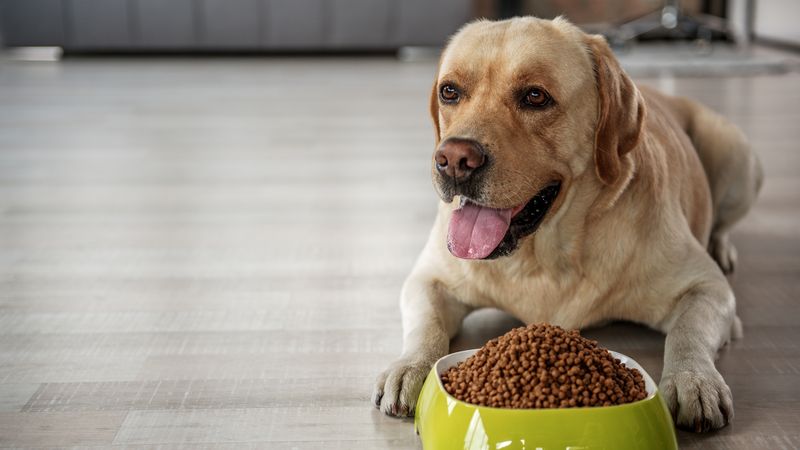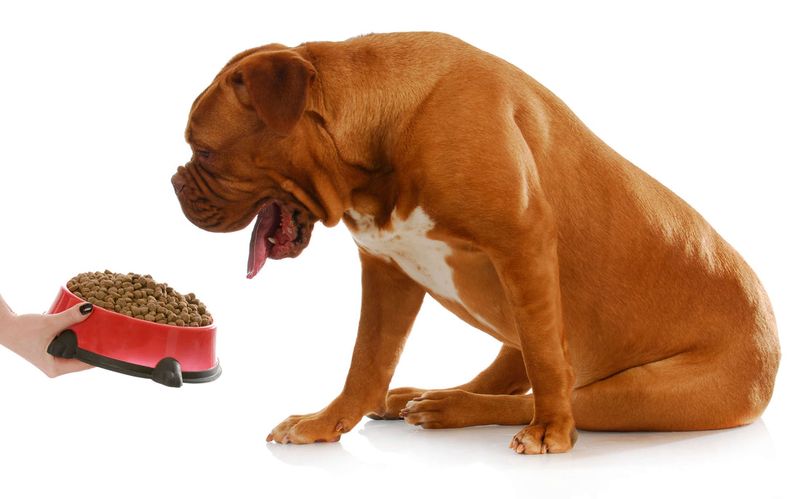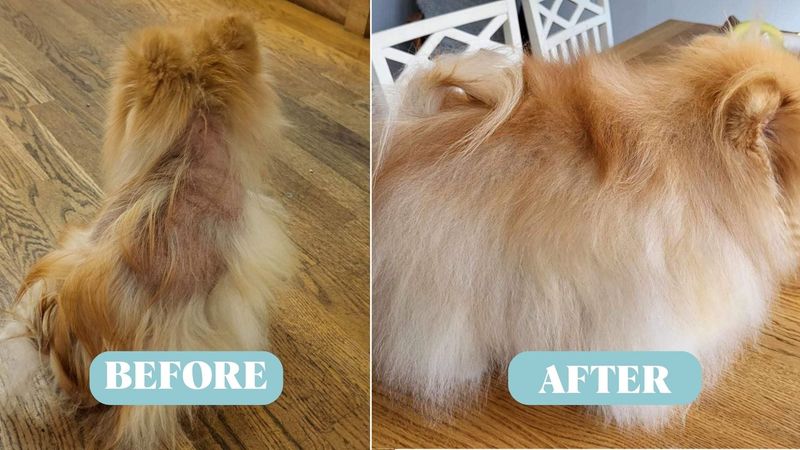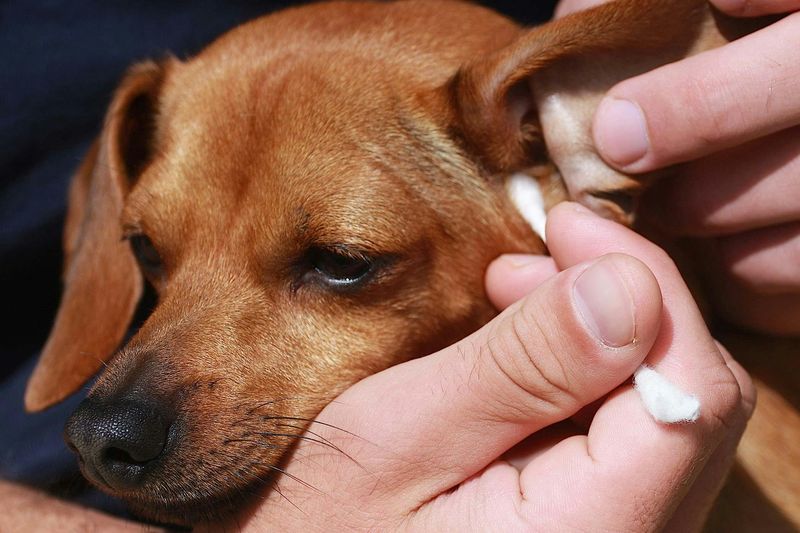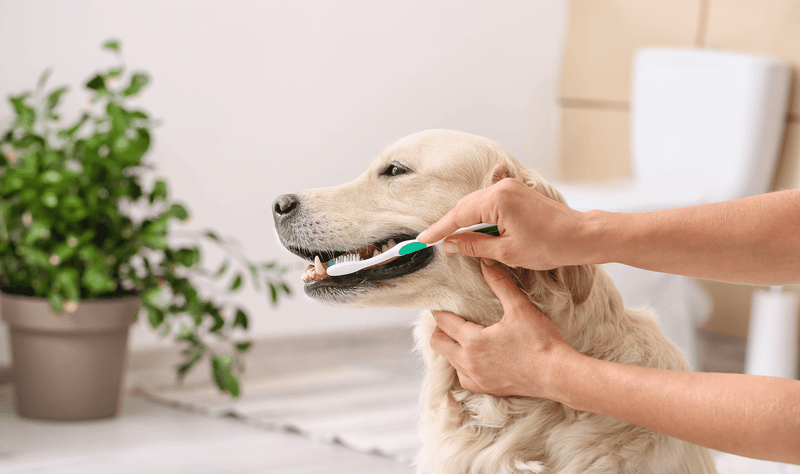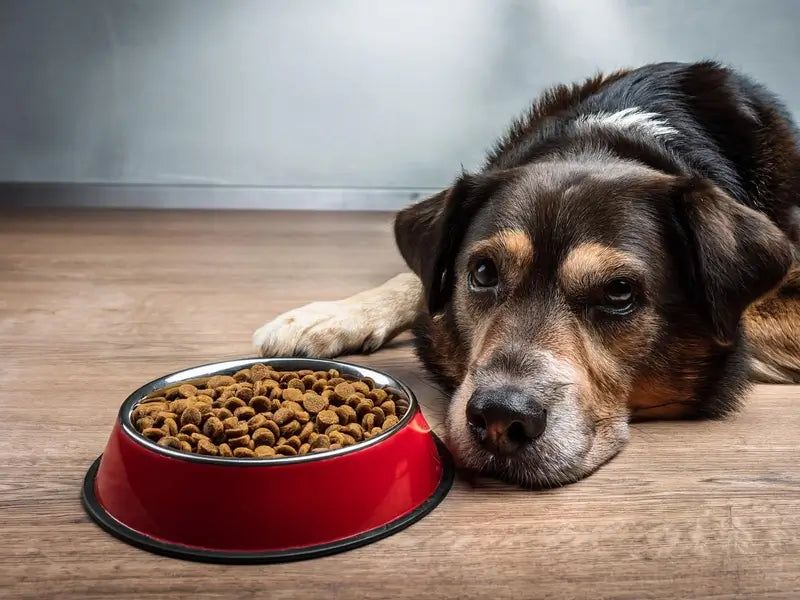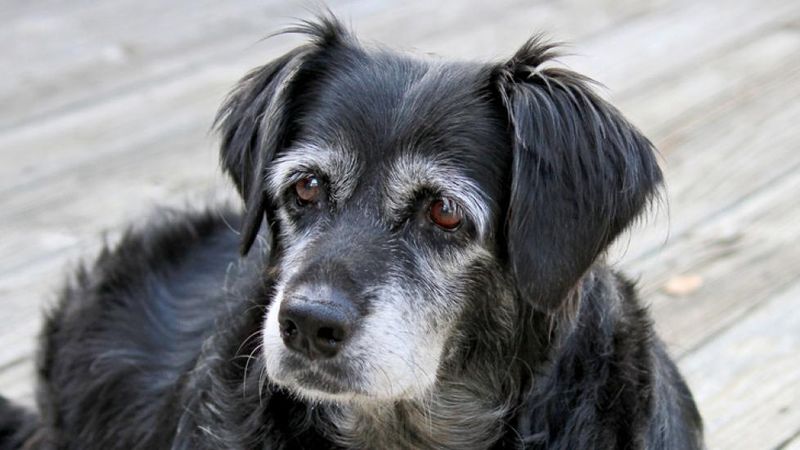Is your furry friend not looking or feeling their best lately? As responsible pet owners, it’s important to pay attention to the signs that might indicate it’s time to reconsider your dog’s diet. From changes in energy levels to skin conditions, these signs can help guide you to make the right nutritional choices for your beloved pet. Here, we explore 10 key indicators that might suggest it’s time to switch up your dog’s food.
Unexplained Weight Gain or Loss
Has your dog gained or lost weight without any changes in activity levels? Rapid weight changes can be a red flag for underlying health issues.
A disproportionate diet might be the culprit, affecting your dog’s weight. While some pooches may pack on pounds, others might become unexpectedly lean. Veterinary guidance is key to understanding these shifts. Consider transitioning them to a diet that suits their metabolism and lifestyle.
Monitoring your dog’s weight will not only promote their well-being but also ensure they stay fit and active for years to come.
Chronic Digestive Issues
Does your dog often experience stomach upsets? Chronic digestive problems, such as diarrhea or bloating, can indicate dietary issues.
While occasional tummy trouble is normal, frequent discomfort may require dietary intervention. Identifying food allergies or intolerances can guide you in selecting the right food. Experimenting with different proteins or grain-free options can alleviate digestive woes.
Consulting a veterinarian will provide clarity on potential dietary culprits. Remember, a happy gut contributes to a happy dog, so take steps to address these issues promptly.
Dull Coat and Hair Loss
Is your dog’s coat lacking its usual shine? A dull coat or excessive shedding might hint at nutritional deficiencies.
Essential fatty acids, like omega-3 and omega-6, play a significant role in maintaining a lustrous coat. If these are missing from your dog’s diet, their fur may lose its vibrant sheen. Explore foods rich in these nutrients to restore their natural glow.
Regular grooming combined with a balanced diet will enhance coat health significantly. A dietary upgrade may be just what your dog needs for a gleaming appearance.
Frequent Ear Infections
Are recurrent ear infections bothering your furry friend? Food allergies are often linked to ear health, and persistent infections may signal a need for dietary change.
Certain proteins or grains might trigger allergic reactions resulting in ear issues. Transitioning to hypoallergenic or limited-ingredient diets can help alleviate infections.
Monitoring your dog’s response to new foods is crucial. A veterinarian can guide you in selecting an appropriate diet, ensuring your dog stays infection-free and comfortable.
Bad Breath and Dental Issues
Struggling with your dog’s persistent bad breath? Dental health is closely linked to diet, and what your dog eats can impact their oral hygiene.
Plaque buildup and gum disease are often the culprits behind foul breath. Switching to dental-friendly foods that promote chewing can help clean teeth naturally. Additionally, incorporating raw bones or dental chews might improve oral health.
Regular teeth cleaning and vet check-ups, combined with a suitable diet, can freshen your dog’s breath and maintain their dental well-being.
Lethargy and Fatigue
Has your once energetic pup become unusually lethargic? Dogs, much like humans, thrive on energy derived from proper nutrition. When their diet lacks essential nutrients, fatigue can set in.
If your dog is napping more than usual or shows little interest in walks, it might be time to assess what’s in their bowl. Different breeds require varied energy sources, and a simple dietary change could make a world of difference. Pay close attention to the ingredients in their food, ensuring they provide balanced energy, and consult with a vet to find the best dietary options.
Skin Allergies and Irritations
Has your dog been scratching incessantly or developed skin rashes? Skin allergies often stem from dietary factors and can cause significant discomfort.
Identifying food allergens is key to resolving these issues. Common culprits include certain grains and proteins. Transitioning your dog to a hypoallergenic diet can lead to visible improvements in their skin condition.
A vet’s guidance is invaluable in pinpointing specific allergies. A balanced diet tailored to your dog’s needs can soothe their skin, providing much-needed relief.
Lack of Interest in Food
Is your dog turning up their nose at meal times? A sudden disinterest in food may signal that it’s time to rethink their diet.
Dogs can grow bored of monotonous meals, much like we do. Exploring different flavors or textures might reignite their appetite. Ensuring the food is palatable and nutritious is essential for maintaining their interest.
Consulting a veterinarian can provide insights into suitable dietary options. A little creativity in their meals can make feeding time enjoyable again, keeping your dog happy and healthy.
Behavioral Changes
Have you noticed any unusual behavior in your dog? Diet can influence more than just physical health; it can affect mood and temperament too.
Inadequate nutrition might lead to irritability or anxiety. Ensuring a balanced diet that meets your dog’s specific needs can foster positive behavior.
Consulting a professional can help identify the root cause of behavioral shifts. Sometimes, a simple change in diet can return your dog to their spirited self, enhancing their quality of life.
Age-Related Dietary Needs
As dogs age, their nutritional requirements evolve. Senior dogs often require different nutrients than their younger counterparts.
Older dogs might need diets lower in calories but rich in specific vitamins or minerals. Addressing these needs can prolong their lifespan and improve their quality of life. Tailoring their diet according to age helps manage weight and prevent health issues.
Consult a veterinarian to design a diet plan that suits your aging dog’s needs. A thoughtful dietary approach supports their well-being, ensuring they age gracefully.

